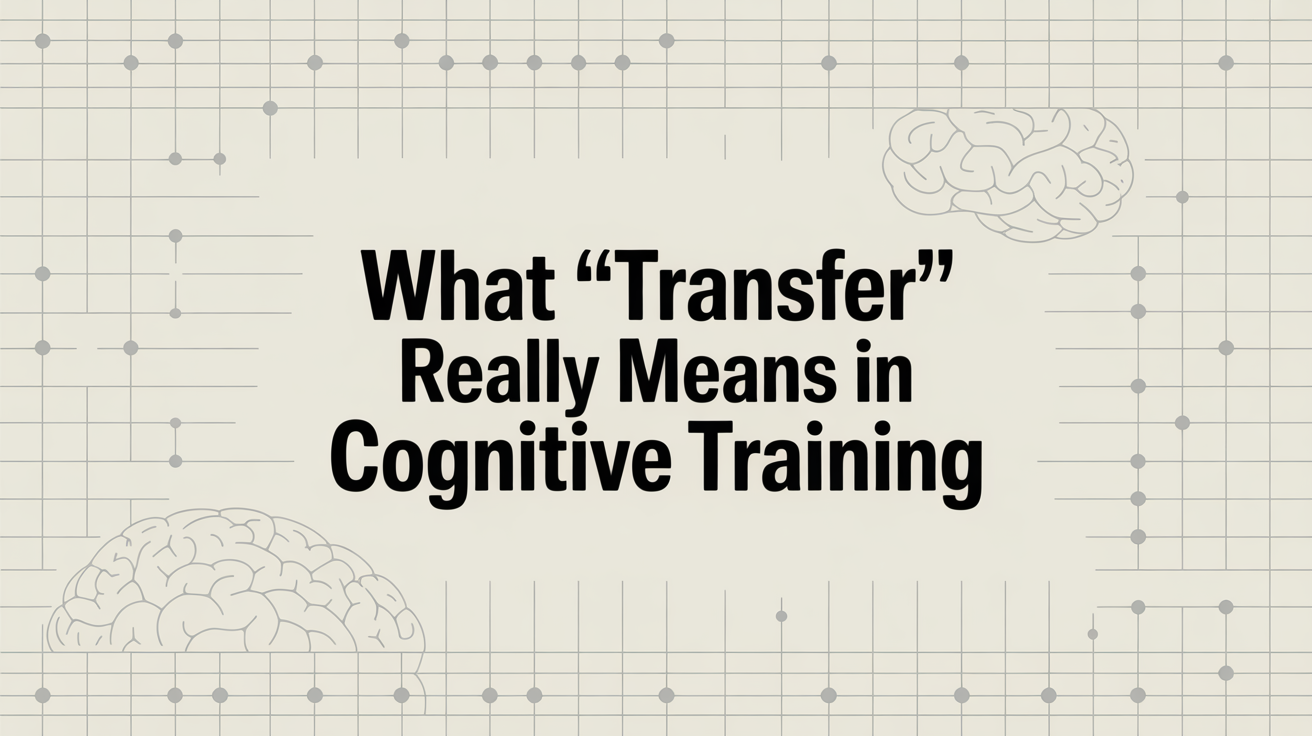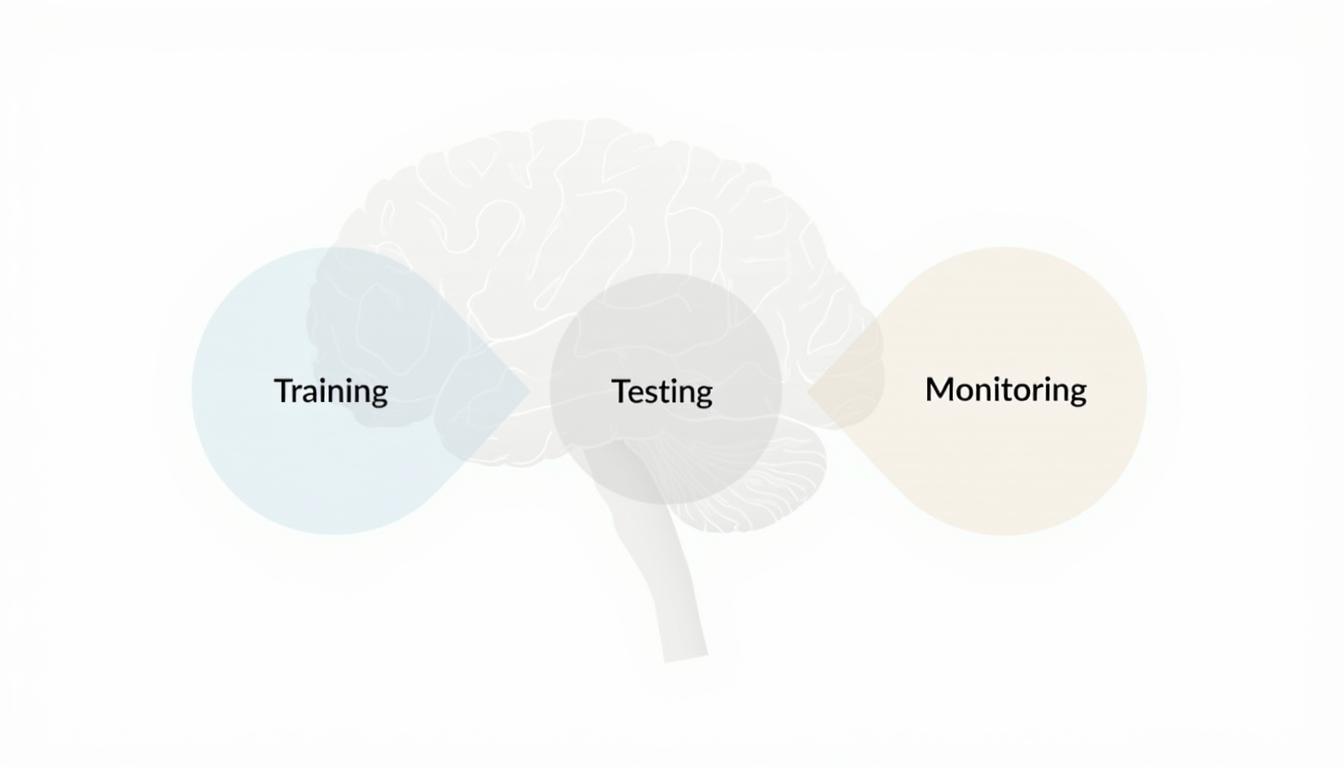Welcome to the Research and Strategy Services at in today's fast-paced.


A few years back, Bell, a telecommunications company in Canada, started the #BellLetsTalk campaign. The goal is to bring more awareness to mental health issues, including depression, anxiety, post-traumatic stress, and other mental health challenges. The idea is simple: Bell will donate 5 cents for any worldwide mention of #BellLetsTalk, any share of the BellLetsTalk image on its Facebook page, and also for every single text or phone call made by a Bell cellphone user.
The campaign has been widely successful, raising over $6.1million last year. On Twitter alone, almost 5 million tweets were sent with the hashtag, which became the #1 trending topic both worldwide and in Canada. Individuals who have struggled or are struggling with any kind of mental health issues are particularly encouraged to share their story and assist any others that might be going through a tough time.
It is encouraging to see the positive reaction to the campaign and associated fundraising numbers, but the most important benefit is greater awareness of mental health issues. Outcomes include greater recognition of symptoms and encouragement for people to pursue diagnosis and treatment.
There are many symptoms of mental health illnesses, which can vary from one person to another. People may react differently and unpredictably to the challenges they face. It is a common misconception that all symptoms must be present to show that the person is experiencing a depression or other mental health issues. In fact, only in very severe cases would all the symptoms get combined. Most of the time, only a few symptoms show, and individuals cope with each symptom differently.
Patience, understanding and open communications are important to helping anyone struggling with mental illness overcome the difficulties they are facing. Here are some common examples and signs of symptoms of mental health illnesses according to the Mayo Clinic (Source):
If you notice any of these symptoms in someone you know, it is important to be aware of their situation and to try to open a dialogue to allow two-way communication. These issues don't just “go away". Help - through support, diagnosis, and treatment - is needed.
Getting on the path to improvement starts with two simple words: "Let's Talk".






Welcome to the Research and Strategy Services at in today's fast-paced.

An interpretive overview explaining what “transfer” means in cognitive training, why improvements often remain task-specific, and how transfer should be understood as conditional rather than assumed.

An interpretive overview clarifying the differences between cognitive training, testing, and monitoring, and why these distinctions matter when interpreting cognitive performance data.

An interpretive overview of how cognitive training has been studied after concussion or mild brain injury, including what it may support during recovery, why results vary, and how to avoid over-interpreting training effects.
.png)